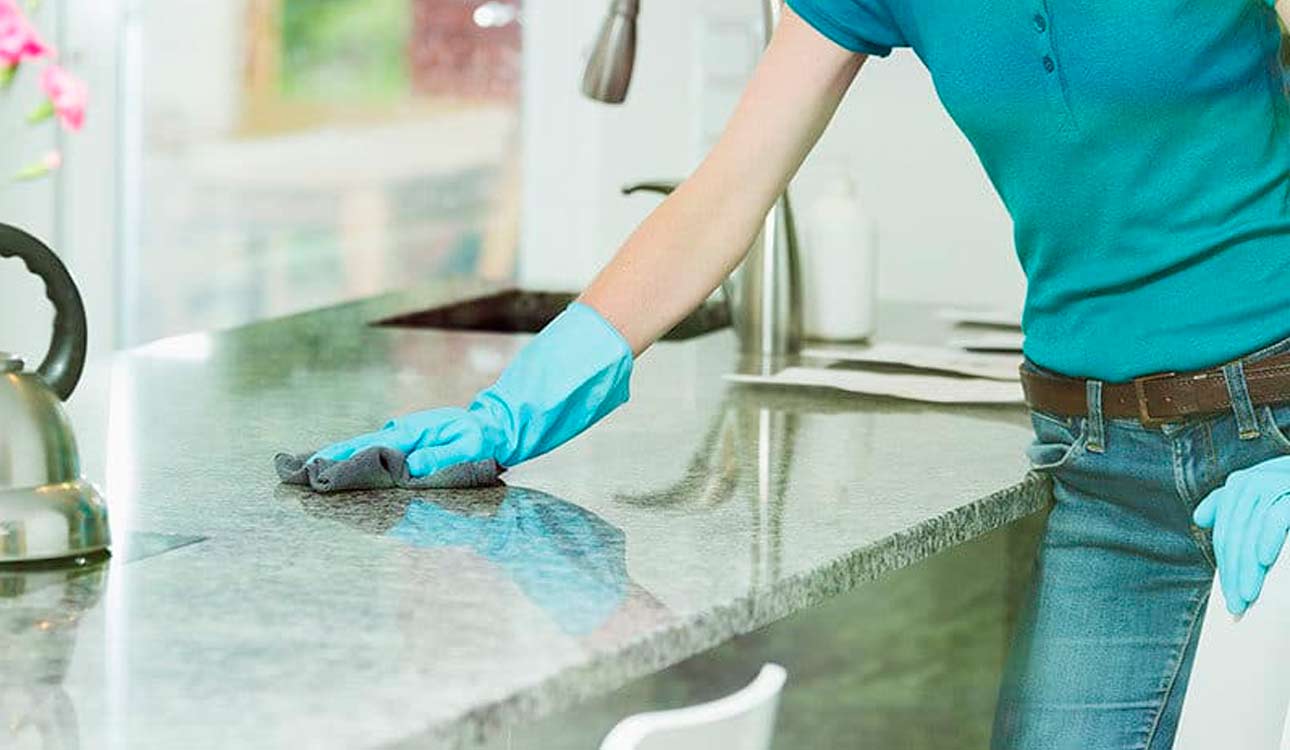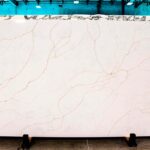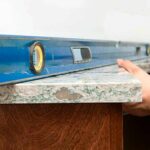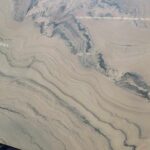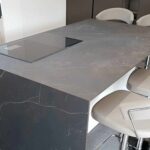Although marble is like granite in some ways, it is very different in others. For example, marble is made up of different minerals than its ‘harder cousin’ and, as a softer stone with sensitivity to acids, it is susceptible to further deterioration.
Etching is perhaps the most common problem other than staining when it comes to marble. That means your marble must be protected against staining and etching.
An etching is a different subject than a stain.
A marble etching is a reaction to a specific mineral in the stone. This reaction is caused by acidic substances that are very common in household liquids and even in food. Because this is a reaction that occurs when acid comes into contact with the stone, the longer the substance remains, the more damage it will do.
An etch remover is good to have on hand due to the time-sensitivity associated with cleaning up after an acid spill etches the marble surface. Regular maintenance of your marble will also make it more resistant to etching, although it will not make any stone resistant to etching.
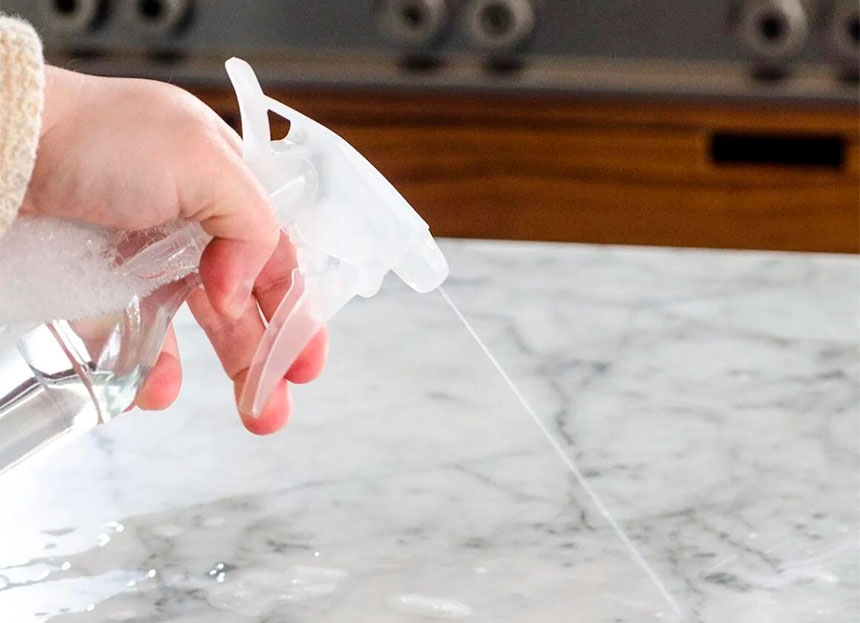
Because of what we’ve discussed regarding the porosity of both marble and granite, you’ll need to take steps to maintain a protective barrier so your stone isn’t as susceptible to staining (granite and marble) or etching (marble).
Professional resealing for countertops
When granite and marble slabs are cut from the ground, they are in their most vulnerable state: unsealed. Once your slab is installed, it should be initially sealed to protect it from the things we’ve been discussing. However, to maintain the seal, it is recommended to reseal your granite or marble once a year, as the sealer wears off over time.

